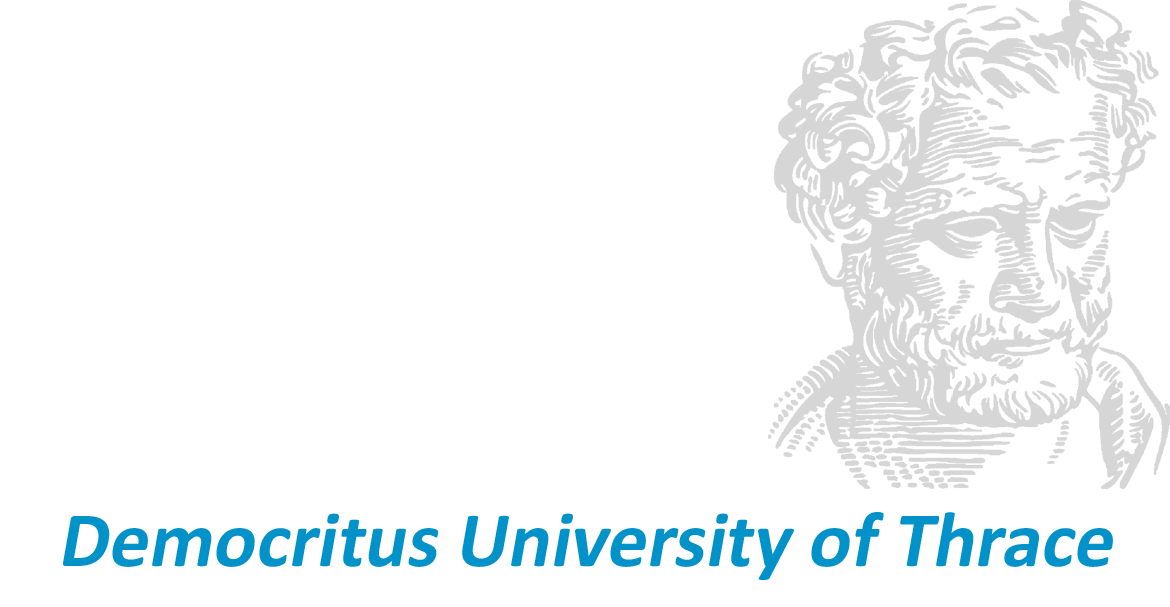Labour economics seeks to understand the complex relations and institutions of the labor market by studying the dynamics between employers, employees, and their wage-, price-, and profit-making incentives. In other words, modern labor economics explores the outcomes of the labor market under the assumption that workers strive to maximize their wellbeing and firms strive to maximize profits. It also analyzes the behavior of employers and employees and studies their responses to changes in government policies and/or in the demographic composition of the labor force. The purpose of this course is:
Upon successful completion of this course, students will be able to:
1. Demonstrate an understanding of basic labor economics theory, including labor market structures and wage determination.
2. Apply their understanding of theoretical models to analyze trends in data pertaining to topics in labor economics.
3. Apply their understanding of theoretical models to case studies presented in the course.
4. Construct, defend, and analyze important labor policy issues.
Teachers
Click to view more information about each teacher.
| Name | Title | |
|---|---|---|
| Koutroukis Theodoros | Professor | tkoutro@econ.duth.gr |


